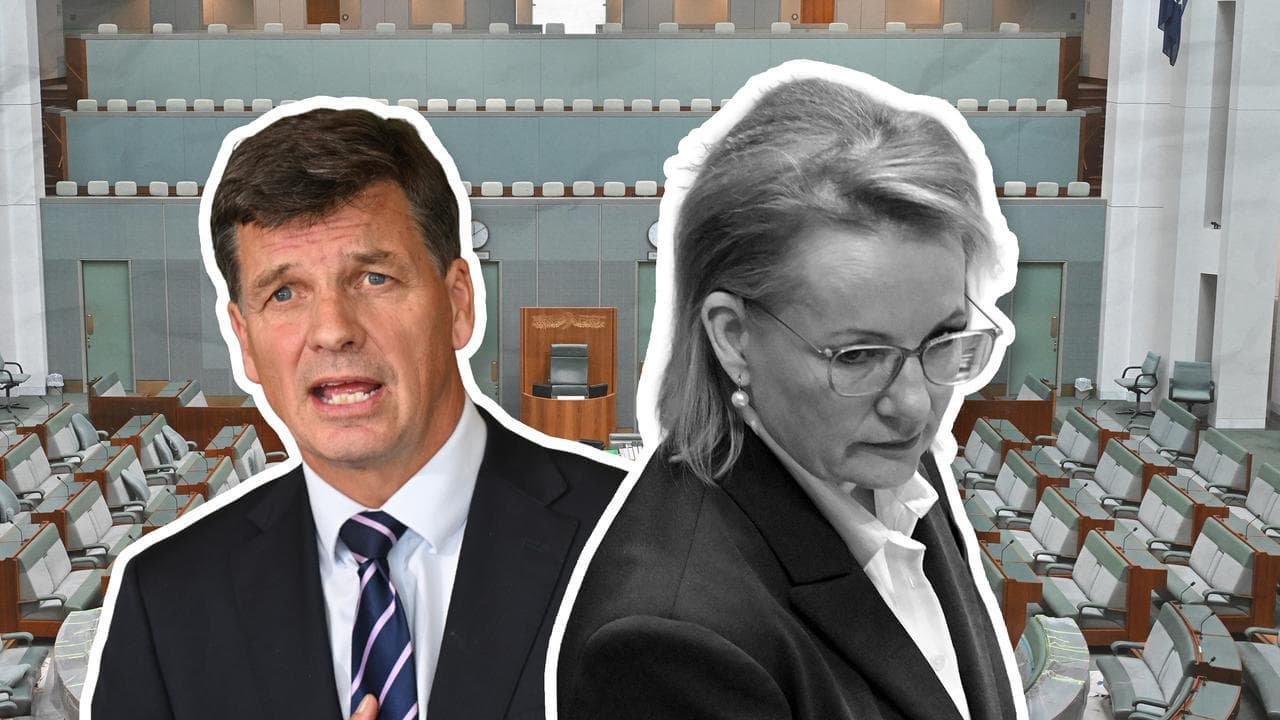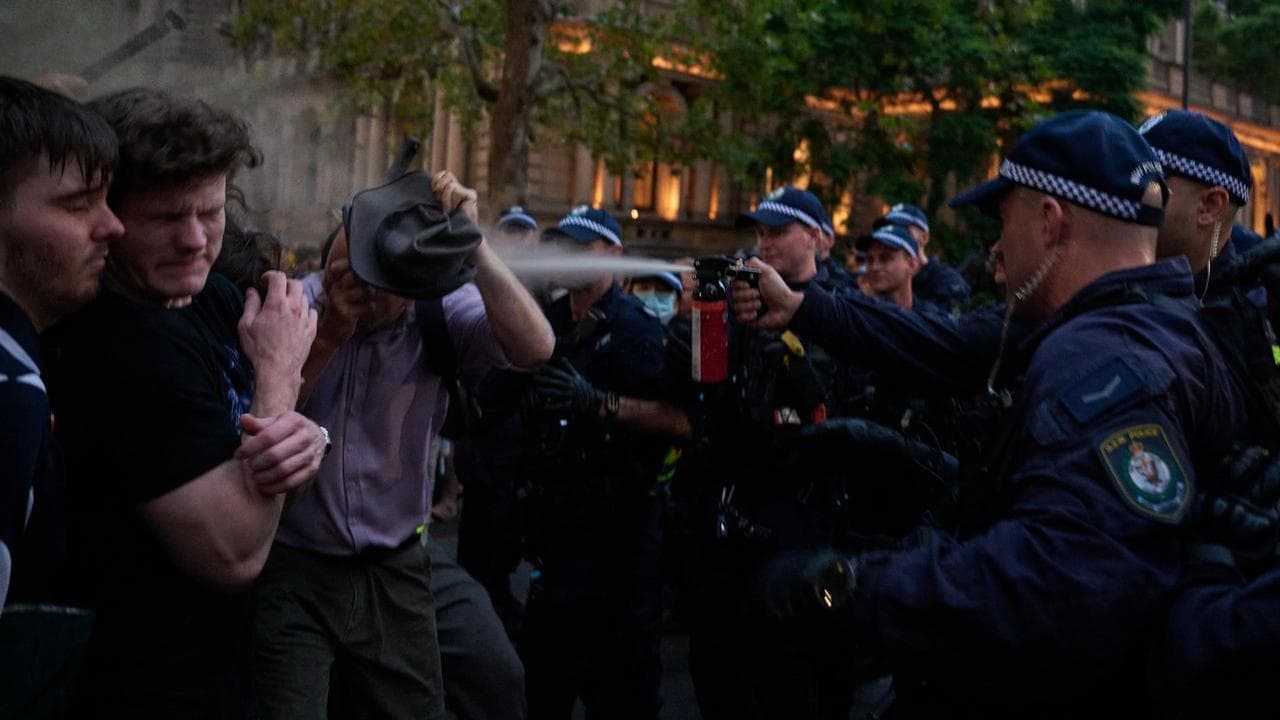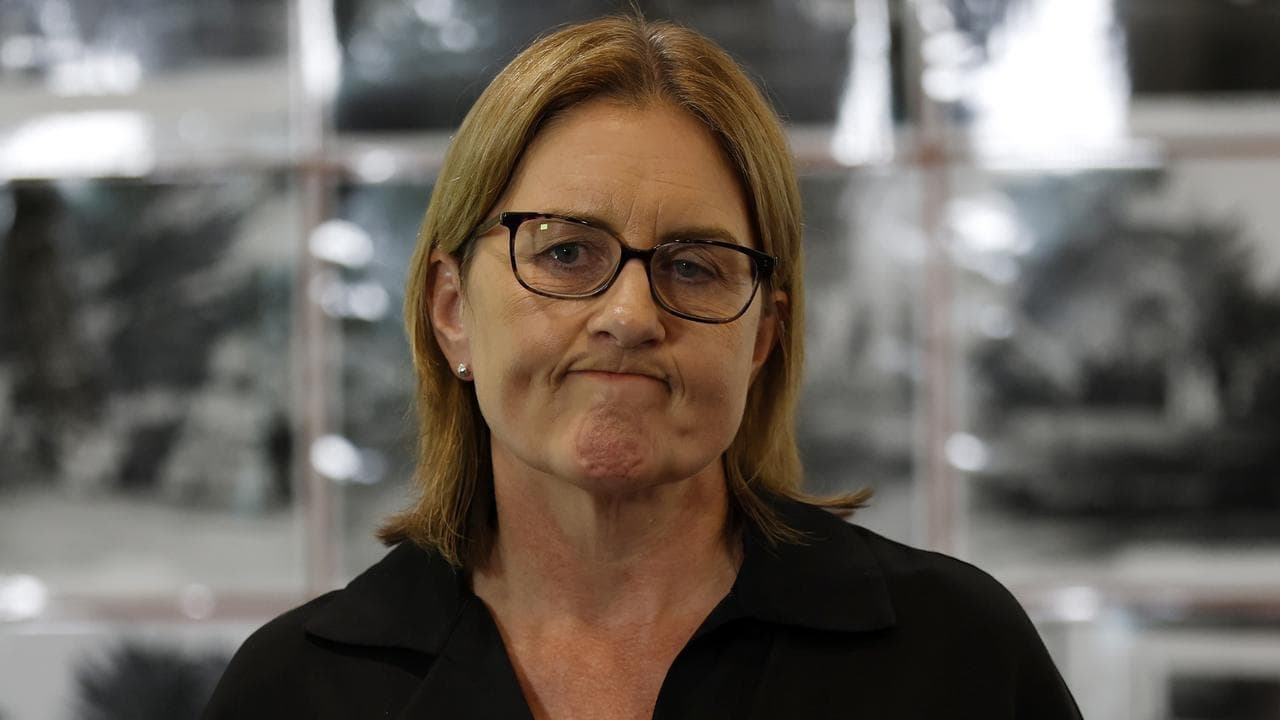WHAT WAS CLAIMED
NZ's COVID-19 vaccine rollout led to an increase in deaths.
OUR VERDICT
Misleading. More deaths occurred after the rollout due to delayed transmission, not the vaccine. Studies show vaccines significantly reduced COVID death rates.
AAP FACTCHECK - An online article is misleadingly suggesting a causative link between the vaccine rollout and the increase in COVID-19 deaths in New Zealand.
The article accurately points to the fact that most NZ COVID deaths occurred after the majority of the population was vaccinated.
However, it then misleadingly equates this as being at odds with the vaccine's "safe and effective narrative" and falsely states the unvaccinated did not suffer the same "death spikes" as the vaccinated.
Experts say the timeline of NZ's COVID deaths can be explained by NZ delaying widespread transmission until the vast majority of the population was vaccinated.
Additionally, NZ's medicine regulator confirmed that just two deaths were caused by the vaccine, and it was a contributing factor in two other deaths.
Multiple analysis papers have found the unvaccinated are far more likely to die from COVID than those who are vaccinated.
The claim is made in a Facebook post that shares text from an article on Slay News, a website AAP FactCheck has debunked several times in the past.
The article states that "explosive new official government data" has "blown a gaping hole in the mainstream Covid 'vaccine' narrative".
"99 per cent of COVID deaths were 'vaccinated'," it reads, adding: "In other words, more than 4,400 people died after widespread 'vaccine' uptake. Just 44 died before."

"These figures do not reflect the alleged 'safe and effective' narrative."
It goes on to claim that unvaccinated populations did not suffer the same "catastrophic death spikes".
Official figures released by the NZ Royal Commission for the COVID-19 Lessons Learned report show there were 26 deaths from COVID in 2020, 24 in 2021, and 2776 deaths in 2022 (page 135).
The report also confirms the nation hit 80 per cent double-dose vaccine coverage of the eligible population by November 26, 2021 (p18).
A study published in April 2022 in the New Zealand Medical Journal reported that by August 17, 2021 (the start of the Delta variant outbreak), the double-dose vaccination rate among those aged 12 and older was about 22 per cent.
This rose to 93 per cent by January 22, 2022, around the time when the more-transmissible Omicron variant began to take hold in NZ.
It's therefore accurate to say that of the 2826 COVID-19 deaths reported in NZ between 2020 and 2022, the vast majority, 98 per cent, occurred after more than 90 per cent of the eligible population had been vaccinated.
But University of Otago epidemiologist Michael Baker said it's incorrect to suggest the deaths are linked to the vaccine.
He said NZ had been able to delay widespread transmission until early 2022, by which time most of the population had been vaccinated.

NZ adopted an "elimination strategy" in the early years of the pandemic, utilising strict border controls, which was greatly assisted by the ability to stop arrivals into the country.
A similar tactic was used in Australia, in contrast to many European countries with land borders and looser restrictions which suffered more deaths across the first two years of the pandemic.
Professor Baker said it was the emergence of the highly transmissible Omicron variant in early 2022 which led to the influx of cases and then deaths in the country.
However, contrary to the implied claim, he said widespread vaccination greatly reduced the number of deaths, particularly among older people.
A modelling analysis of NZ's COVID response, published in February 2024, found high vaccination rates, coupled with the delaying of widespread community transmission, was estimated to have saved between 4600 and 9500 lives between January 2022 and June 2023, compared to a scenario with low vaccine coverage.
It also estimated high vaccination rates prevented between 34,000 and 58,000 hospitalisations across this period.

Medsafe, NZ's medicine and vaccine regulator, investigates all reports of death following vaccination.
A spokesperson said a coroner determined that just two deaths were due to myocarditis following the vaccine. They added that in two other deaths, the vaccine was determined to be a contributing factor.
NZ government analysis also contradicts the claim the unvaccinated did not endure the same spike in deaths.
The July 2022 Trends and Insights Report found people who weren't fully vaccinated had six times the risk of death compared to those who were and had received a booster (p13).
In those aged under 60, that risk was 13.6 times.
This mirrors an analysis, conducted by academics at Monash University and RMIT, which looked at mass vaccination across the Delta and Omicron outbreaks in NSW.
It found the unvaccinated had a 7.7 times higher average weekly death rate than those who'd had two vaccine doses among people aged 50 and over.
That increased to 11.2 times when comparing the unvaccinated with those over 50 who'd also had a third, "booster" shot.
The US Centers for Disease Control and Prevention reported in early 2023 that the unvaccinated were 14 times more likely to die compared to those who had received updated booster shots which covered newer strains.
AAP FactCheck is an accredited member of the International Fact-Checking Network. To keep up with our latest fact checks, follow us on Facebook, Instagram, Threads, X, BlueSky, TikTok and YouTube.












